Education
The right to education is a fundamental right for all – including refugees.
Photo: © UNHCR/Antoine Tardy
The gains in educational enrolment highlighted in our most recent report on education represent life-changing opportunities for tens of thousands of refugee children, adolescents and youth.
Refugee enrolment in primary school now stands at 68%. Only about half of refugee children who start primary school make it to secondary level, however, as only 34% of refugee children were enrolled at this level in the 2019-2020 year. It still represents a rise of three points on the previous year. But even if refugee adolescents overcome the odds and make it through secondary school, only 5% will be lucky enough to get a place in some form of higher education. For refugee girls, the threat is particularly grave. Refugee girls already have less access to education than boys and are less likely to be enrolled in school at the primary and secondary level. Find out the latest statistics on refugees and forced displacement.
Education is a fundamental human right. The New York Declaration for Refugees and Migrants pinpoints education as a critical element of the international refugee response. Moreover, we strive to achieve every goal in the 2030 Agenda for Sustainable Development, including Sustainable Development Goal 4, which aims to “ensure inclusive and quality education and promote lifelong learning opportunities for all.”
UNHCR partners with governments, international and local organizations to ensure a quality education for all refugees and children everywhere. In an effort to address barriers to education, we have worked to improve access and retention of children in primary school through cash grants and vouchers, capacity building for teachers, expansion of safe learning spaces and strengthening partnerships with key education partners. Together with your help, refugees can learn how to rebuild their lives.
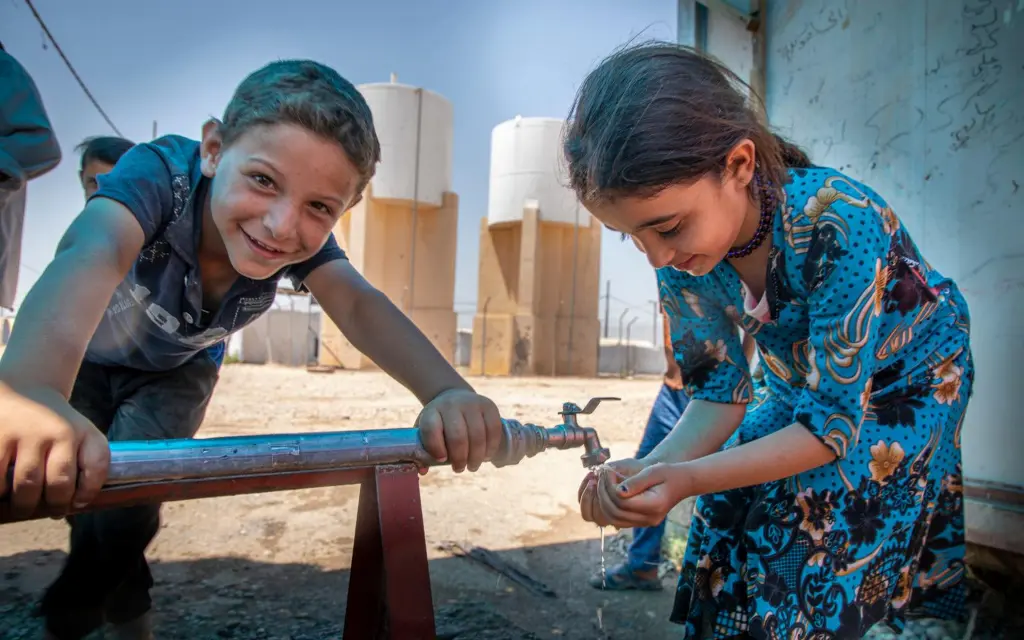
A basic human right
Education is a basic human right which was enshrined in the 1989 Convention on the Rights of the Child, as well as the 1951 Refugee Convention.
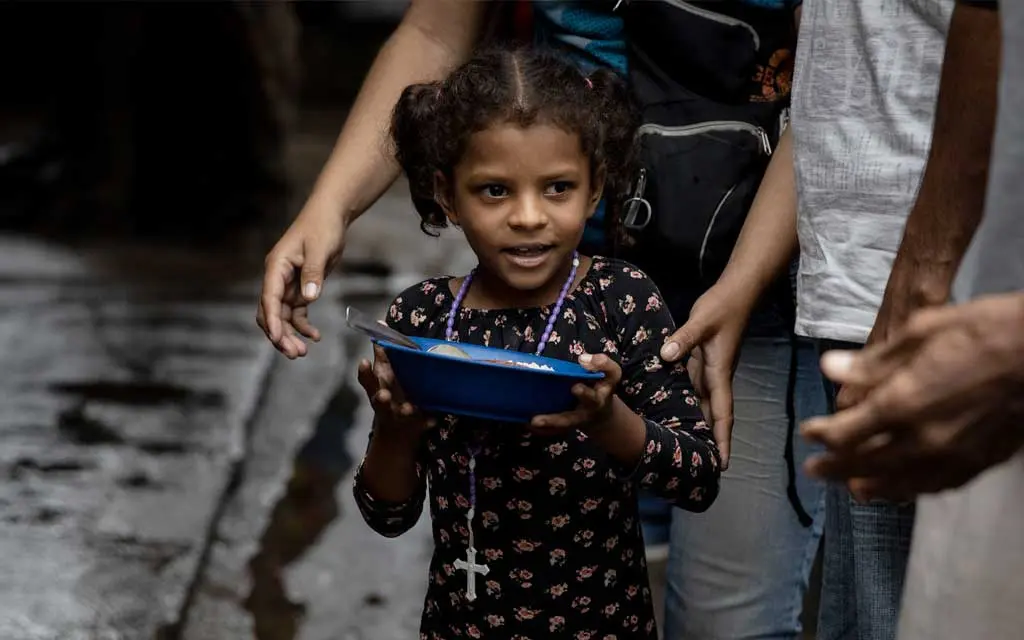
Protects refugee children
Educations helps protect youth from being forced into armed groups, child labour, child marriage and sexual exploitation.
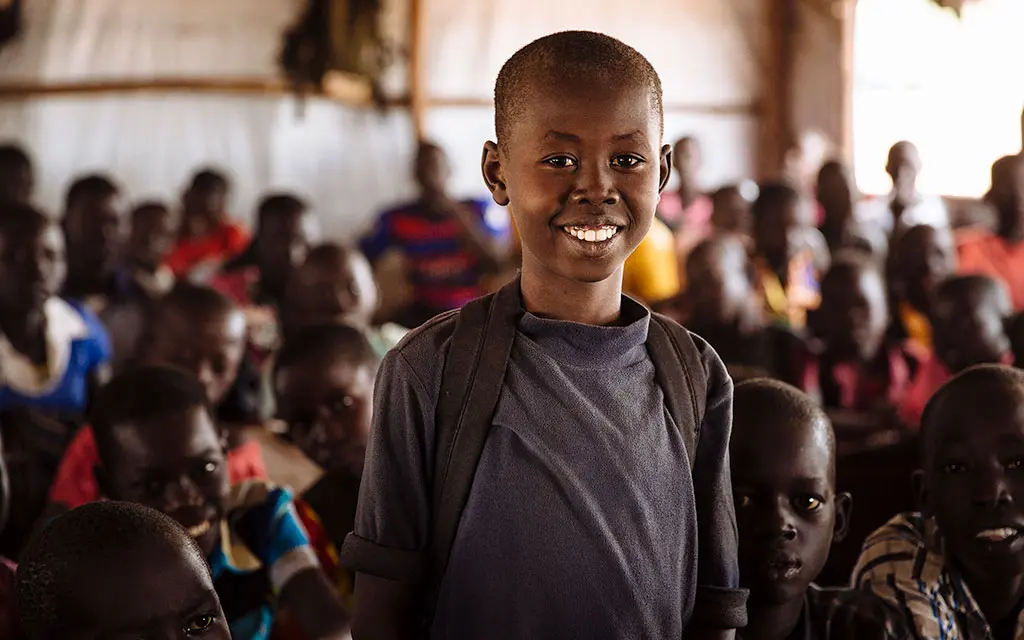
Empowers refugee children
Education gives refugee the skills and knowledge they need to live independent and fulfilling lives.
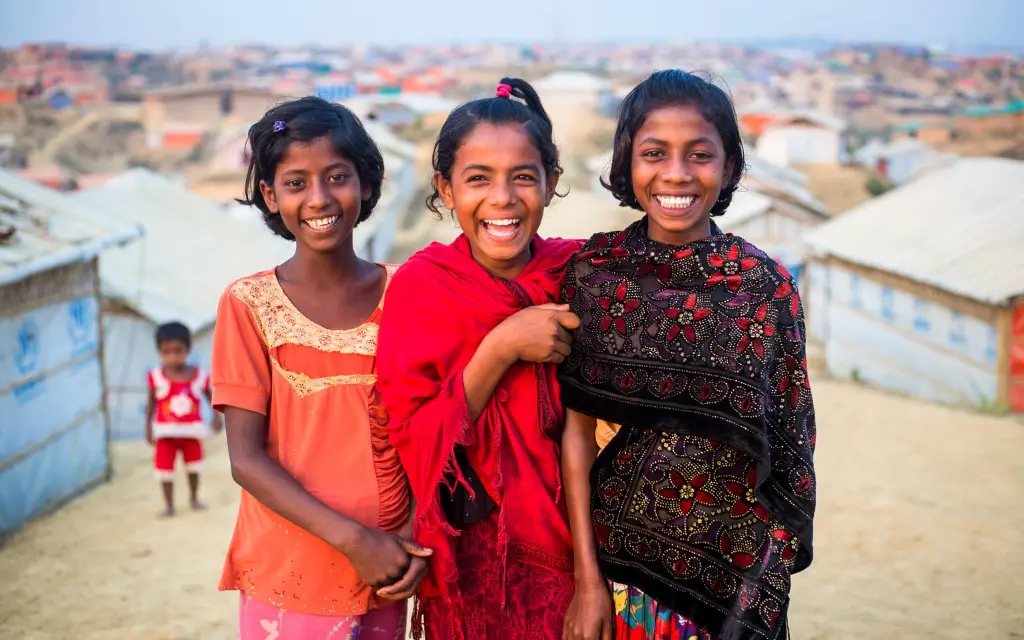
Enlightens refugee children
Education enables refugee children to learn more about themselves and their world. It also helps them begin on the path to rebuilding their lives.
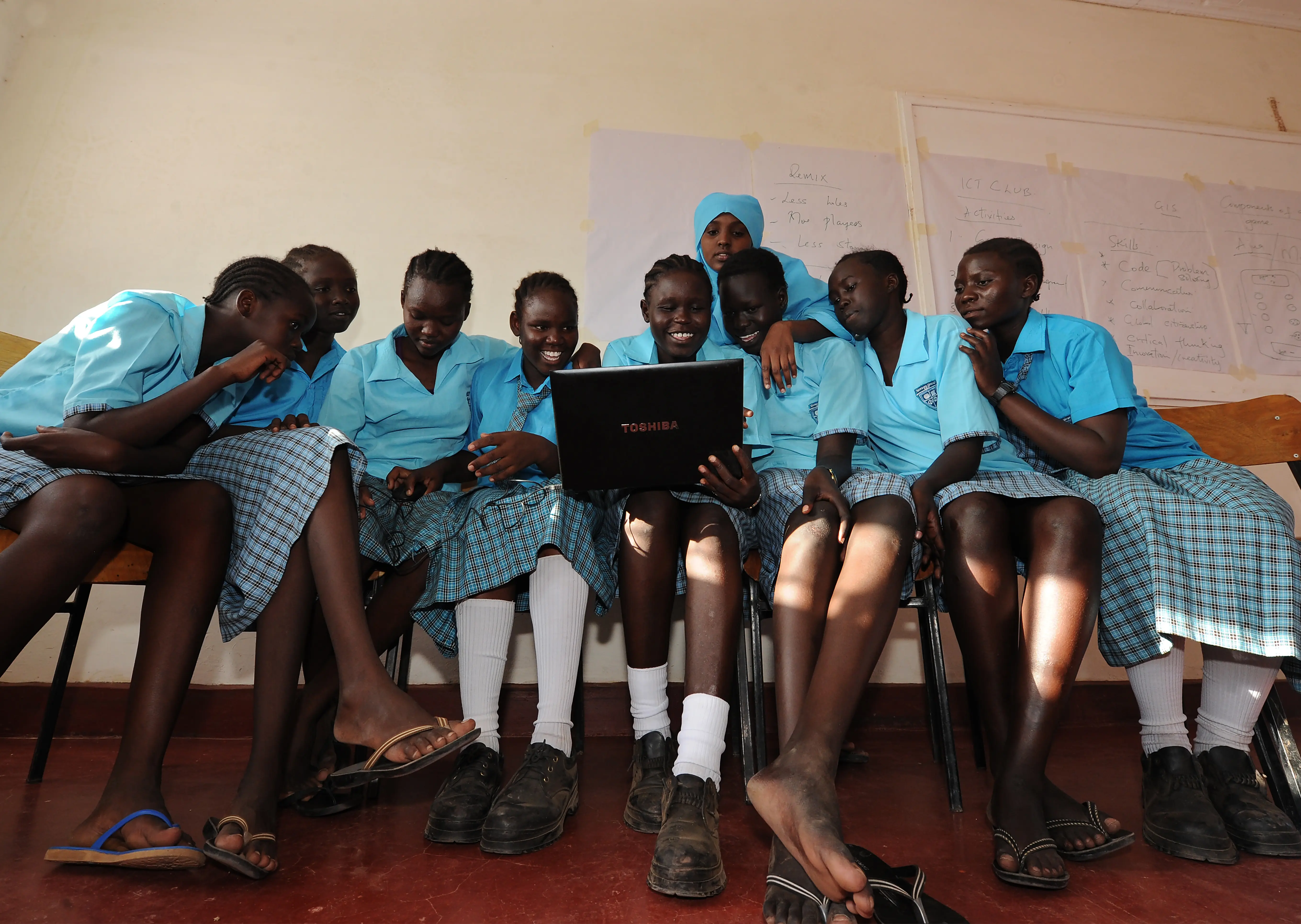
UNHCR Canada’s partner LifeWorks is a big advocate for refugee education. In 2010, LifeWorks partnered with UNHCR to fund the Community Technology Access Centre in Kenya’s Kakuma Refugee camp so that refugees could advance their resettlement and employment opportunities. LifeWorks has also funded the Morneau Shepell Secondary School for Girls in Kakuma which now has more than 340 girls enrolled.
Donate Today
Please help refugee families in need.


